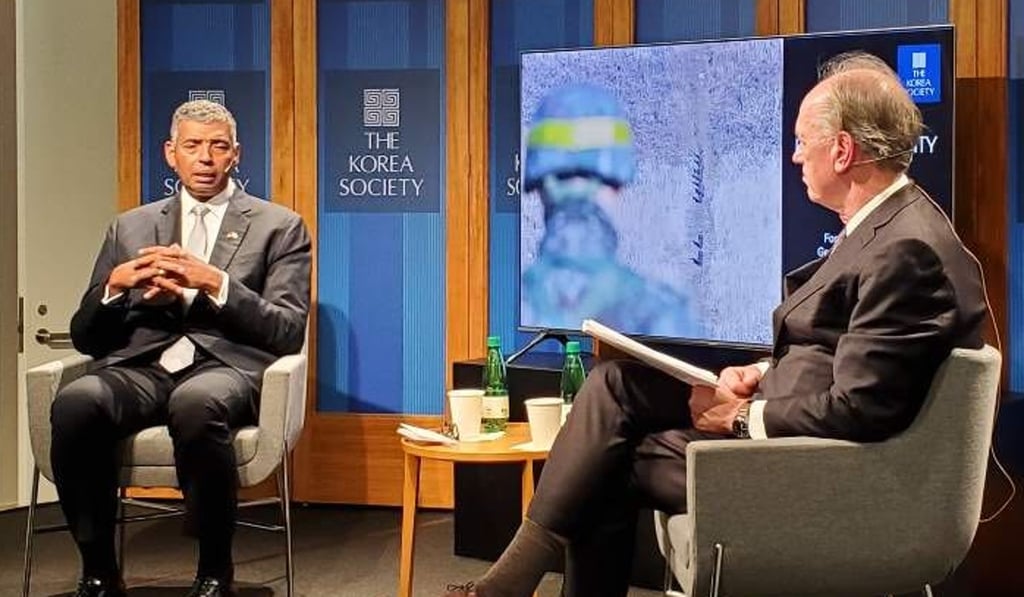South Korea’s decision to stay in intelligence pact with Japan helps US contain China, analysts say
- Pact’s end would have aided Beijing by weakening Seoul-Tokyo cooperation and US-led alliance with South Korea and Japan, says former US Forces Korea commander
- Seoul reversed decision to exit General Security of Military Information Agreement just six hours before it would have expired

South Korea's conditional extension of its military intelligence-sharing pact with Japan – allowing information to continue flowing between the two countries – would help the US contain China if it took expansionist military measures in the Asia-Pacific region, analysts say.
General Vincent Brooks, who retired as US Forces commander in Korea in January, said late on Thursday that a termination of the General Security of Military Information Agreement (GSOMIA) – a bilateral military intelligence-sharing pact between Seoul and Tokyo – ultimately would have benefited Beijing by weakening cooperation between those two governments as well as a US-led alliance with South Korea and Japan.
Speaking at the Korea Society in New York, Brooks said that discontinuing the treaty would have torn apart “the set of regional relationships among the three democracies and the three free economies of Northeast Asia”.
"[If] their relationships are bad, then the whole structure in the region is equally weakened,” Brooks said, adding that a weaker structure invites Beijing to “create an alternative structure [favourable to] China”.

“If there's doubt in the countries on China's periphery about the commitment of the United States, there's no question in my mind that it benefits China,” he said.
The demise of GSOMIA, signed in 2016, would have undercut the efforts of the three democratic nations to deal with an increasingly assertive China and a wayward North Korea.
